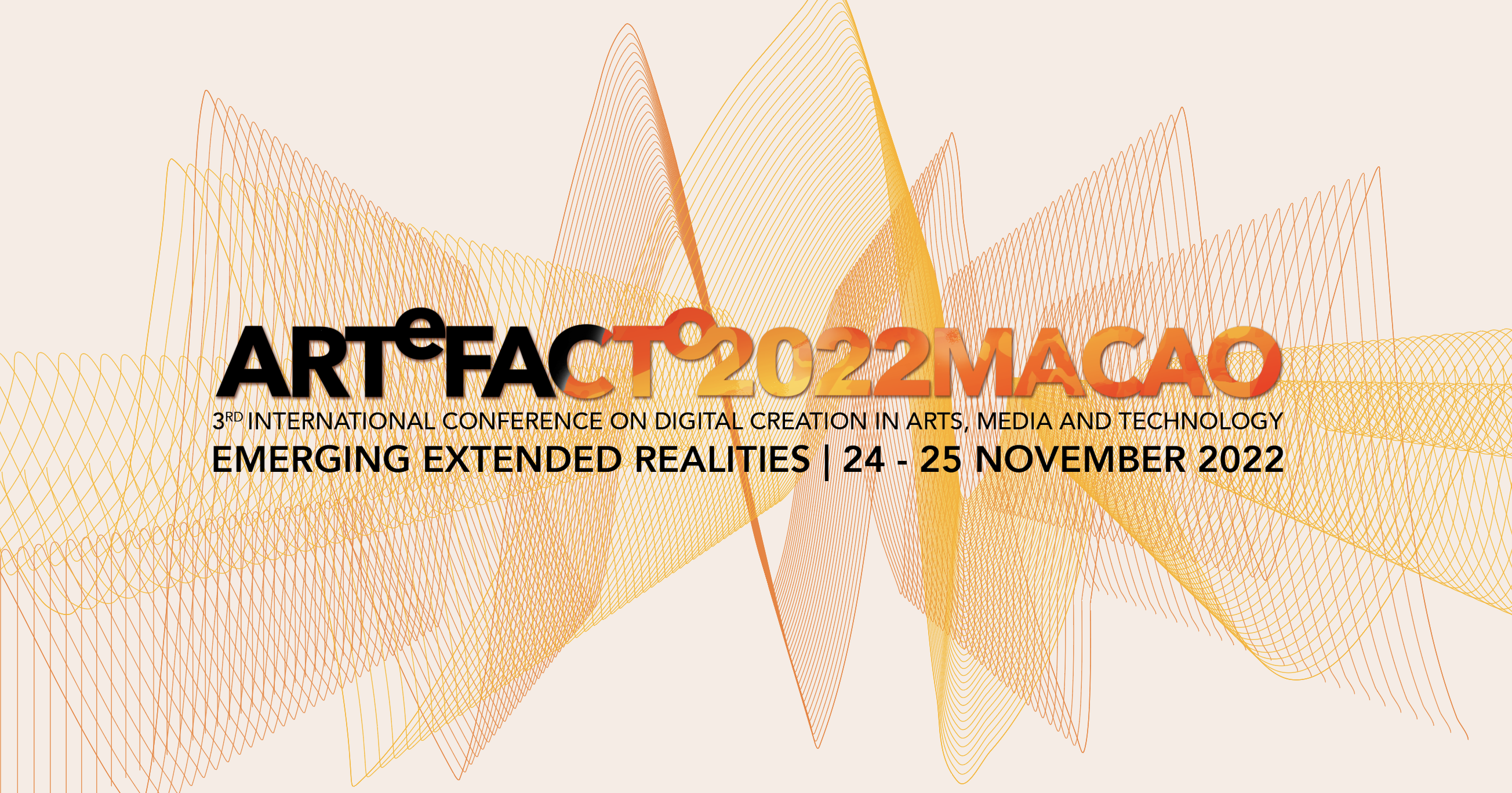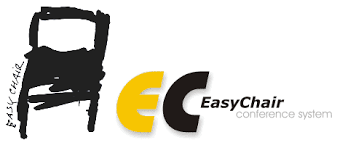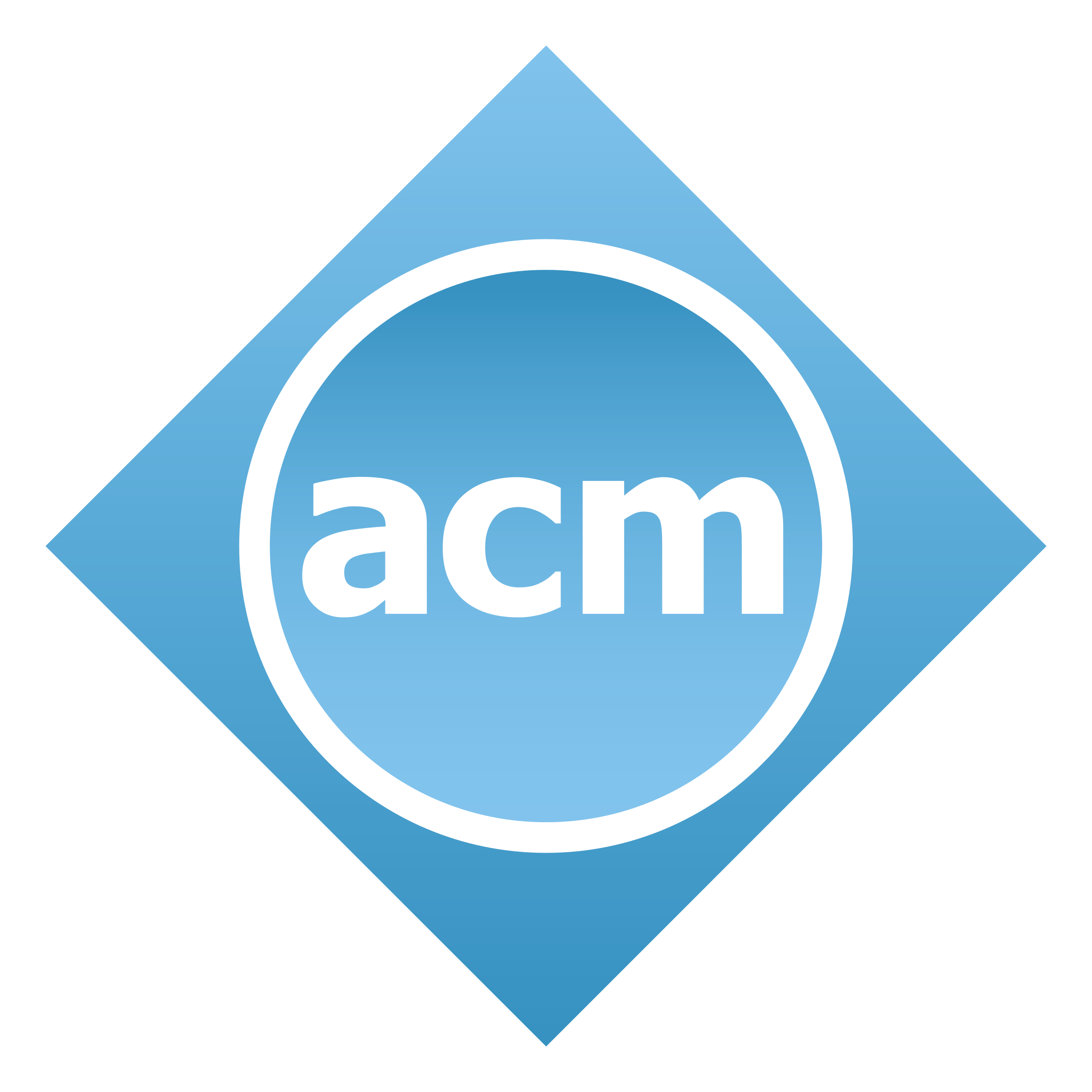Call For Papers and Artworks | ARTeFACTo 2022 MACAO

Call For Papers and Artworks | ARTeFACTo 2022 MACAO
05
Jul
05/07/2022
Call For Papers and Artworks | ARTeFACTo 2022 MACAO – 3rd International Conference on Digital Creation in Arts, Media and Technology – “Emerging Realities”, organised by USJ and ARTECH International on 24 – 25 November 2022, is accepting submissions until 2 August.
Introduction:
ARTeFACTo 2022 MACAO will be held on the 24th and 25th of November 2022 at the University of Saint Joseph, in Macau S.A.R. (China) and will be hosted by the Faculty of Arts and Humanities. The goal of the conference is to promote interest in the current digital media culture and its intersection with art, communication and technology as an important research field, while focusing on the study of the digital media artefacts, embracing topics covering their conceptualization, design, creative/art practice/research processes, computational implementation, exhibition and fruition as well their role in today’s information and knowledge society, fostering the establishment of the conceptual foundations of an artefact theory in the digital media world.
ARTeFACTo 2022 MACAO aims at giving greater visibility to artefact creators and researchers, theorists or practitioners, establishing a common space for the discussion and exchange of new experiences while fostering a better understanding of digital arts and culture across a wide spectrum of cultural, disciplinary, and professional practices. To this end, we cordially invite scholars, teachers, researchers, artists, computer professionals, and others who are working within the broadly defined areas of digital media arts, communication, culture and education, with a specific focus on artefacts and artistic installations to join us.
ARTeFACTo 2022 MACAO‘s International Scientific and Artistic Committee is composed of experts in various disciplines. The conference program will consist of keynote speakers by eminent specialists, oral presentations (local and remote) of the contributed papers, art installations, videos and posters of work in progress.
Call for Papers and Artworks:
ARTeFACTo 2022 MACAO has the format of a conference with technical sessions, invited talks, discussion panels, and exhibition areas for artefacts and installations. Contributions can be in the form of full papers, short papers and proposals for artefact exhibitions/art installations.
Authors are invited to submit:
- A full paper of six to ten pages for oral presentation. Artefact descriptions are welcome, embracing part or the overall creation process, from seminal concept, implementation until the final exhibition preparation or the fruition experience analysis;
- A short paper up to four pages of the conceptual and technical information concerning artefact/art installations and interactive artwork proposals.
Due to the current pandemic situation and the travel restrictions, the conference will be on a hybrid mode; on-site and online participation are welcome. We are welcoming digital representation of artefacts/art installation to present them in a virtual exhibition if possible.
Submissions are accepted in the conference’s official languages: English and Portuguese*.
*If your paper or artefact/installation proposal is in Portuguese, please prepare an English version of the title and abstract (200 to 500 words).
MAIN TOPICS:
Topics of interest include (but are not limited to)
- Virtual and Mixed Reality
- Augmented Reality and Immersive Art
- Art and Technology
- Digital Art and Communication
- Digital Culture and Media
- Digital Sound and Music
- Digital Transmedia Storytelling
- Information and Data Visualization
- Digital Dance & Body Poetics
- VideoArt and VideoMapping
- Interactive Film
- Generative Art
- Algorithmic Art & Design
- BioArt, NanoArt and xArt
- Tangible and Gestures Interfaces
- Digital Serious Game
- Art Game
- Digital Poetry & Electronic Literature
ARTeFACTo 2022 MACAO uses a double-blind reviewing process. As such, submitted papers/artefacts/installation proposals should not have any author and institutional identification in the title and header areas, nor in the body of the paper.
Explicit self-references should be avoided. Instead, authors citing their own prior work should discuss it in the third person (“Previous work by <Author> [X1]…” instead of “In our previous work [X1]…”). Authors should also avoid mentioning the names of institutions where the work was done (“participants were recruited from the university campus”, instead of “participants were recruited from the <Institution name>”). Authors should also avoid clear identification of their affiliation in figures and supplementary material and remove metadata from submission files.
In addition to the anonymized text for each paper, separate identification info must be provided at Easy Chair:
- Name, organization, country and e-mail addresses of each author
- Name of the contact author
- A list of keywords
TEMPLATE:
Submissions must follow the ACM guidelines.
The template is available here.
In addition to author keywords, authors must provide a classification for their papers using ACM Computing Classification System (CCS). The classification system is available at http://dl.acm.org/ccs/ccs.cfm. You should examine the CCS thoroughly, but we recommend looking particularly inside the following categories:
- Information systems -> Information systems applications
- Information systems -> Multimedia information systems
- Human-centered computing
- Applied computing -> Arts and humanities
Technical questions regarding the template can be directed at acmtexsupport@aptaracorp.com
Photos, colour pictures or graphics must be inserted only in two pages (full paper) or one page (short paper, artefact/installation proposals).
The submission of a paper or art installation implies the intention of at least one of the authors to register and attend the conference to perform a spoken presentation. Papers accepted and presented at the conference by one of the authors will appear in the conference proceedings. The final version of accepted papers should be submitted with the name of the authors and institutions (there’s no need for a further blind review).
PROCEEDINGS:
Authors of selected papers presented at the conference (including essays describing the best art installations) will be published primarily in the ART(e)FACT(o) Journal and also invited to submit extended versions to the International Journal of Creative Interfaces and Computer Graphics (http://www.igi-global.com/IJCICG ).
SUBMISSIONS:
Submit here: https://easychair.org/conferences/?conf=artefacto2022











